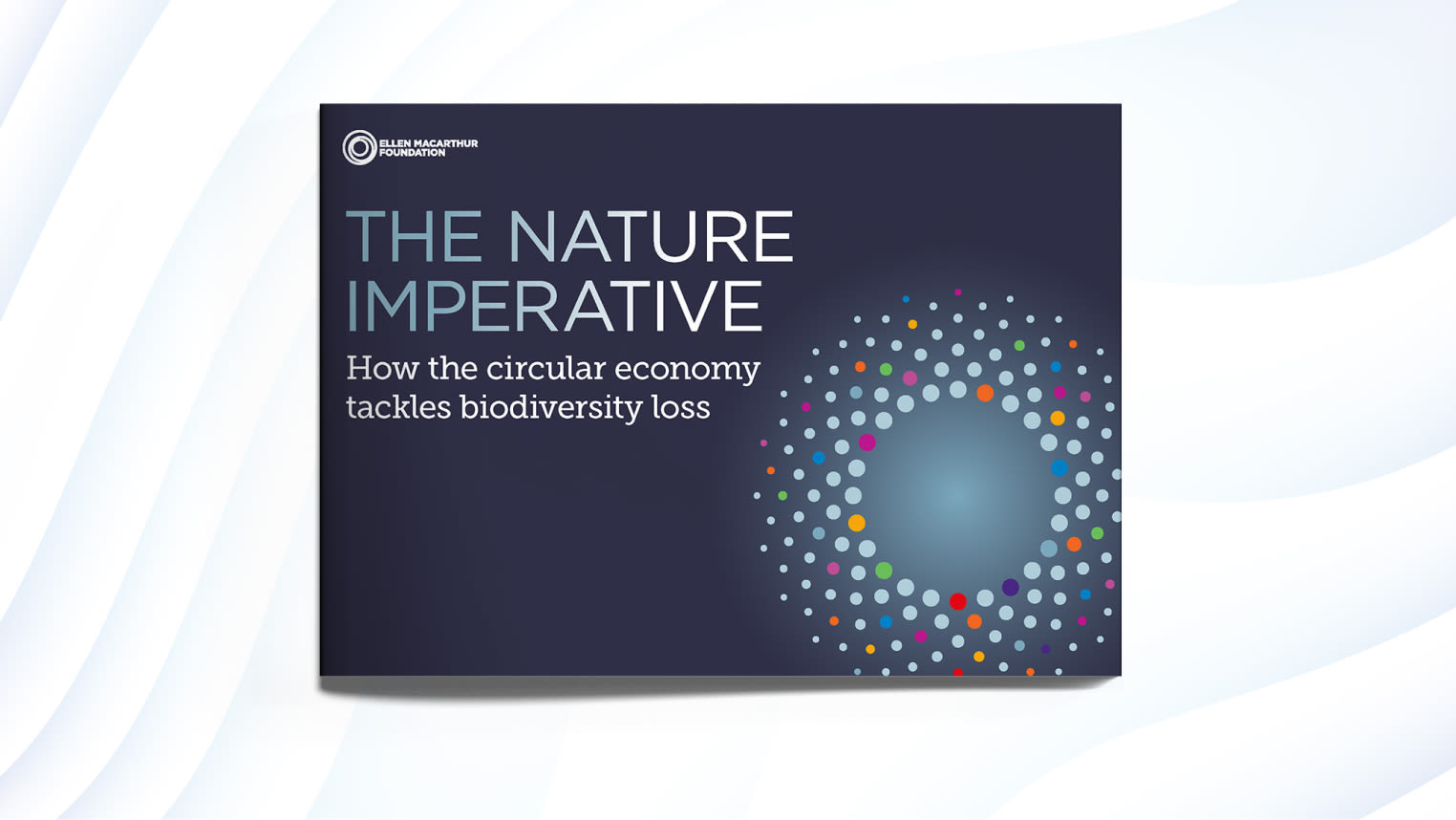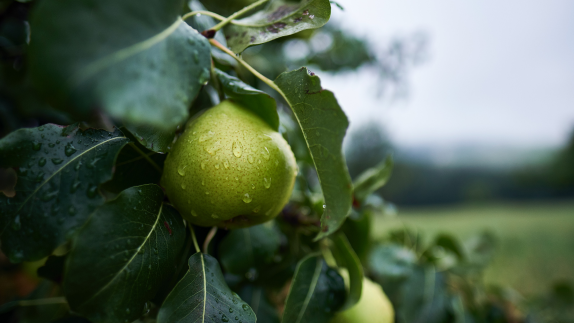reNature supports farmers and corporations in their transition towards regenerative agriculture practices. They focus on promoting regenerative systems that enhance soil health and have a positive carbon footprint. An agricultural system that empowers farmers to become more resilient to climate impacts and less dependent on agrochemicals, is also a more biodiverse, productive and nature-friendly system.
reNature develops model farms to showcase the benefits of regenerative production, hosting regular courses in their model schools where farmers can learn from other farmers. They also offer transition packages for larger projects at landscape level by providing technical assistance, monitoring and evaluation and stakeholder engagement to access premiums for regenerative products and carbon credits for farmers and communities.
Biodiversity benefits
The regenerative systems that reNature designs can create multiple benefits for biodiversity. First, by using cover crops, diversification, and planting trees among other crops, the cultivated biodiversity within these systems is increased. This diversity also creates favourable conditions for other non-planted species to thrive, and regenerative systems have been found to significantly increase the floral, faunal and soil microbial diversity of these areas. The resulting improvements in soil fertility, combined with the ability of these systems to produce more food on the same amount of land, help reduce pressures on land-use change - a key driver of biodiversity loss - caused by the need to abandon unproductive land or increase production. At the same time, compared to conventional agriculture, regenerative systems can sequester more carbon, thus helping tackle another major threat to biodiversity: climate change.
This page is part of a deep dive into biodiversity and food, where we delve deeper into regenerating nature by redesigning food systems.







